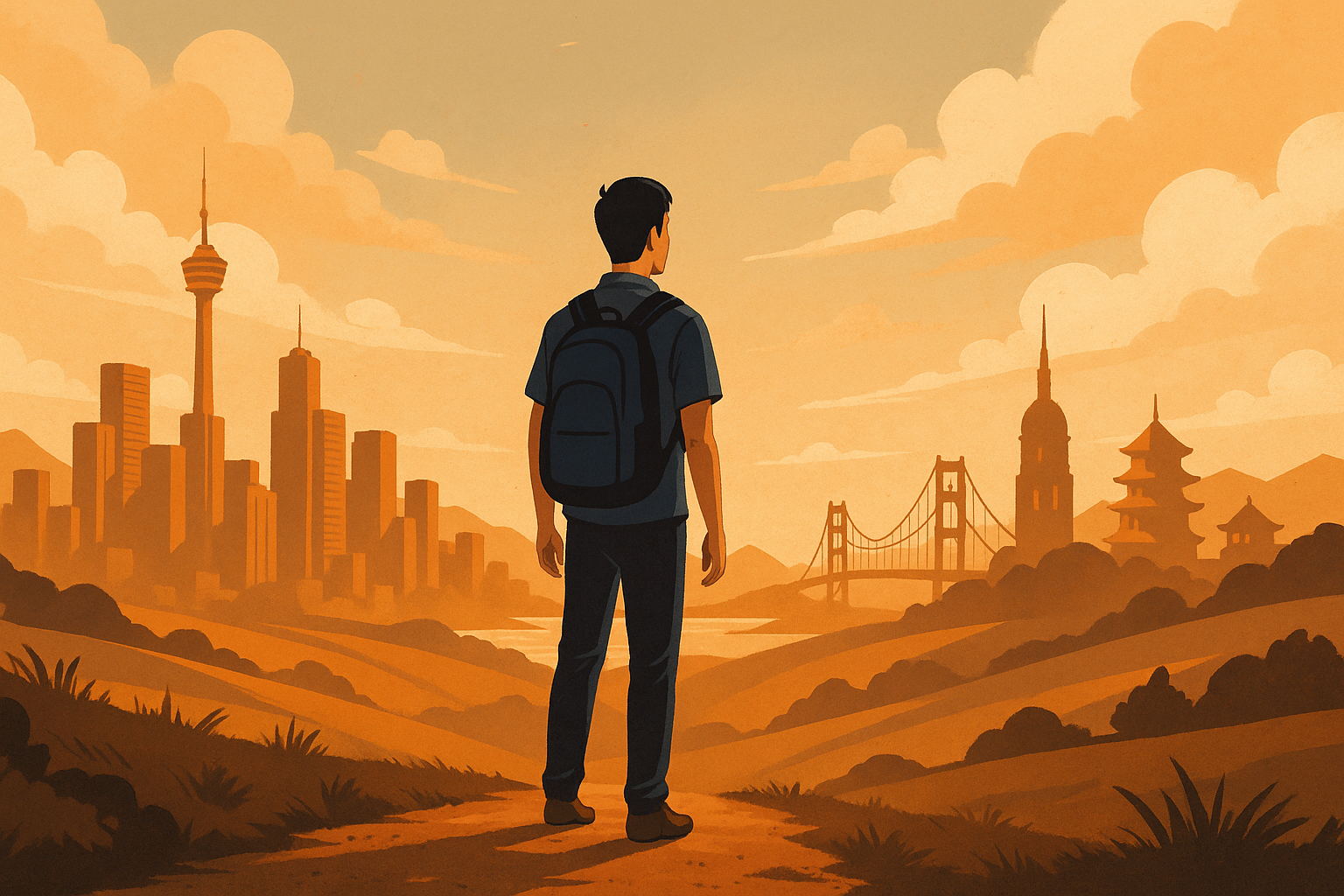The Immigrant’s Dilemma in a World of Rising Tensions

In recent weeks, protests in Australia against immigrants have drawn international attention. This is part of a broader global trend, where de-globalization and protectionist sentiment are gaining momentum. In the United States, policies leaning toward protectionism and anti-immigrant rhetoric have become more common. Even in Singapore, often recognized for its openness to foreign talent, discussions on online forums reveal growing unease about the presence of foreign workers. It is not difficult to see where these sentiments come from—locals worry about job opportunities, wage pressure, cultural differences, and language barriers. These concerns are real, and they reflect the anxieties of people trying to safeguard their way of life.
At the same time, immigration is not simply about economics or competition. It is also about survival, safety, and family. I was moved by a BBC report on a Hong Kong father separated from his children after moving abroad. His story is just one among many, showing the human cost of immigration—families torn apart, relationships strained, and a sense of home that is never fully replaced. For those who leave, it is rarely an easy decision. Behind every immigrant is a story of compromise, longing, and hope.
As a Hong Konger, I understand this struggle deeply. I have experienced the dilemmas of immigration myself, weighing career opportunities abroad against the pain of separation from loved ones. On the surface, a foreign country may offer higher income, professional growth, and new possibilities. Yet, the cost of distance from family and the loneliness of living in a different culture can be heavy. Quiet evenings often bring reflection: is the trade-off worth it? Should career come before family, or is stability and belonging more important than financial gain? These are not questions with simple answers.
It is important to recognize that both sides—locals and immigrants—face difficulties. Locals worry about being displaced in their own homeland, while immigrants struggle to find acceptance and belonging in places where they are always seen as outsiders. Each side’s concerns are valid, shaped by their own realities and needs. The conversation should not be about who is right or wrong, but about understanding that both perspectives carry truth.
Whether to immigrate to another country or return to one’s original home is ultimately a very personal choice. Some are driven by family reasons, others by political or economic ones. No matter the motivation, what matters most is reflecting on personal priorities. Immigration always involves sacrifice—whether it is family, culture, career, or identity—and acknowledging those trade-offs is essential. In the end, there is no universally correct path, only the one that aligns with what each individual values most.